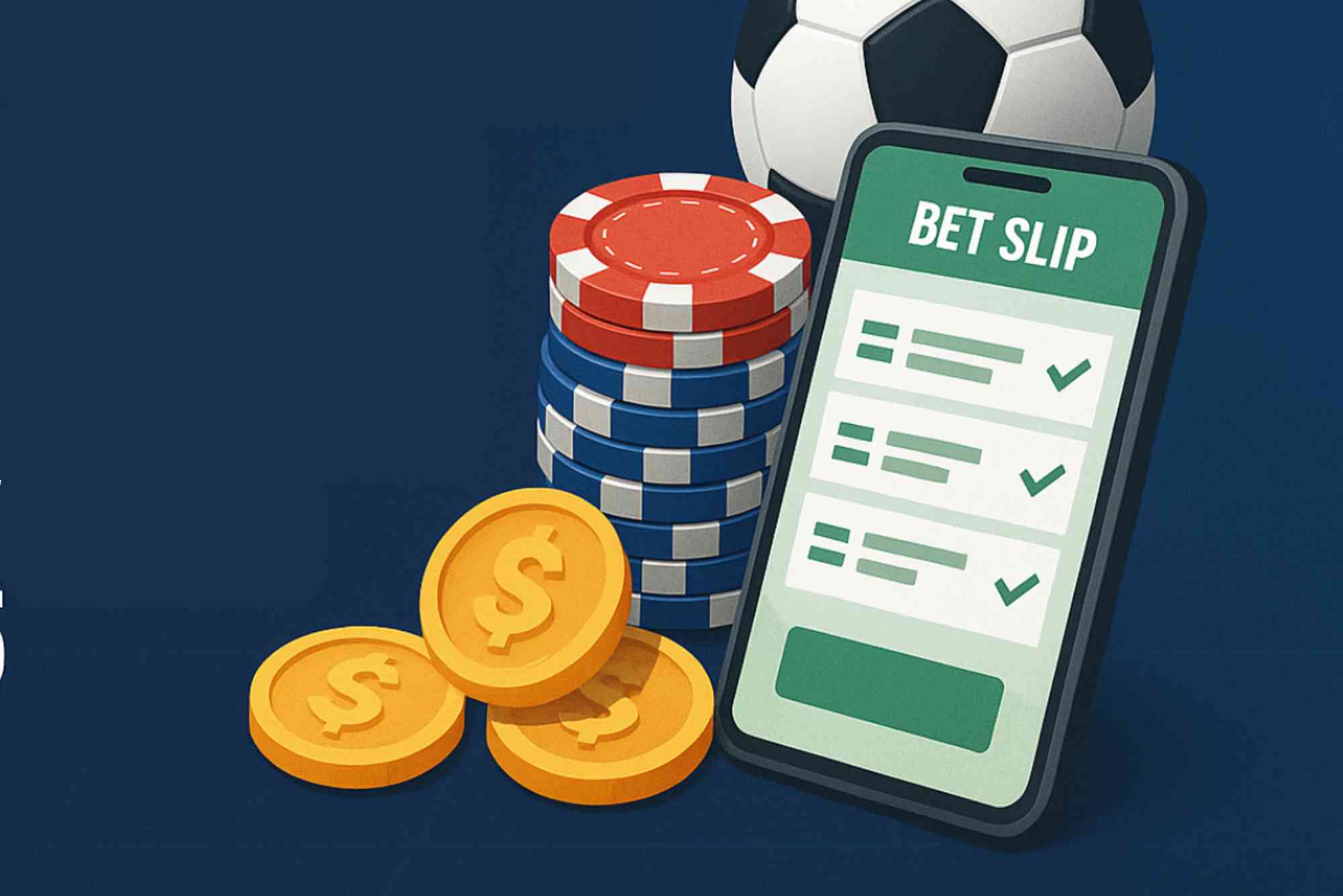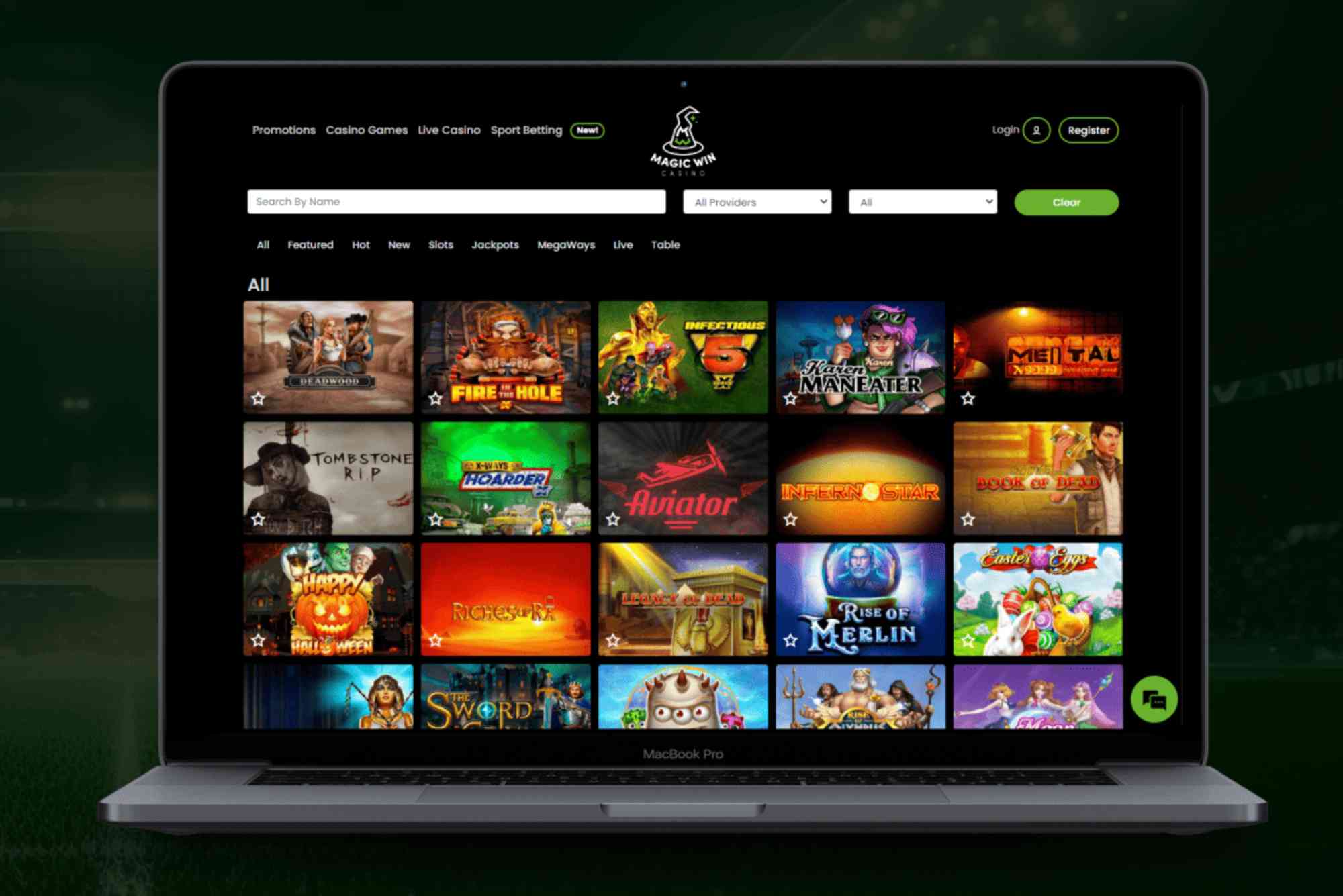Can You Trust Offshore Betting Sites
The world of online gambling has rapidly evolved over the past two decades. With this growth, offshore betting sites have become a significant player in the market. These platforms operate outside a bettor’s home country and often promise enticing odds, unique game selections, and generous bonus offers. But the question remains: Can you trust offshore betting sites?
The answer isn’t as straightforward as it may seem. Trusting any gambling site—offshore or domestic—depends on factors like regulation, transparency, and your own knowledge as a bettor. In this comprehensive guide, we’ll explore the reliability of offshore betting platforms and equip you with the essential information needed to navigate them wisely.
Understanding Offshore Betting Sites
Offshore betting sites are operated in jurisdictions where online gambling is regulated differently—sometimes loosely, sometimes stringently. These countries include Curacao, Panama, Antigua, and the Isle of Man. Since they aren’t governed by your local laws, you’re placing your trust in foreign regulators when you wager with them.
Some sites are reputable and provide a secure, high-quality gambling experience. Others operate in grey areas, offering minimal customer protection and oversight. This difference can make or break your betting experience.
Casino Strategies That Matter
One of the most effective ways to stay safe on offshore betting sites is to use sound casino strategies. Whether you’re playing blackjack, poker, roulette, or slots, your approach can determine your success—or prevent major losses.
First, understand that these platforms often use software-based RNG (Random Number Generators) for fairness. A good offshore site will display its RNG certification and auditing reports from agencies like eCOGRA or iTech Labs. If this information isn’t visible, that’s a red flag.
More importantly, don’t rely solely on chance. Learn basic strategies for your favorite games. In poker, for instance, understanding hand strength and position can drastically improve your chances. In blackjack, memorizing a basic strategy chart significantly reduces the house edge. The better you play, the less vulnerable you are—even on sites that may not be fully transparent.
Decoding Odds and Probabilities
Knowing how odds and probabilities work is crucial, especially when using offshore sportsbooks. Unlike regulated local bookies, offshore sites might present odds in unfamiliar formats (decimal, fractional, American), so ensure you understand them.
Even more critical is understanding implied probability. For instance, if a site offers 2.00 (decimal) odds on a coin toss, the implied probability is 50%. If it offers 1.80, the implied probability is 55.6%, meaning the house has built in a margin. Always calculate this margin to avoid being lured into unfair bets.
Also, compare odds across platforms. Trusted offshore operators often provide competitive odds to attract a global user base. If a site’s odds are significantly better than industry averages, this could either be an opportunity—or a trap.
The Role of Bankroll Management
Regardless of how trustworthy an offshore betting site is, bankroll management is essential to long-term success and personal safety. It ensures you never bet more than you can afford to lose, and it helps you maintain discipline.
Start by setting a fixed budget for each betting session. Never chase losses. It’s easy to become emotionally driven on platforms that offer immediate deposits via cryptocurrencies or cards. Good bankroll habits keep your head clear and prevent irresponsible behavior.
Also, look for platforms that allow you to set personal limits. If an offshore site provides responsible gaming tools like deposit caps or time-outs, that’s a good sign.
Choosing the Right Games
Game selection is another aspect to consider when evaluating offshore betting sites. Top-tier sites usually offer a wide variety of games from recognized developers like Microgaming, NetEnt, or Playtech. These games are more likely to be fair and tested.
Avoid obscure games or live dealer options without third-party audits. Reliable offshore platforms will prominently showcase their partnerships with reputable software providers. If you’re unsure, play demo versions first to test functionality and payout consistency.
Your game choice should also align with your skills and interests. If you’re new, stick to games of chance like slots or roulette with fixed odds. Experienced players might prefer strategy games like poker or sports betting, where skill influences the outcome.
Evaluating Bonus Offers
Almost every offshore platform will try to attract new users with bonus offers—sign-up bonuses, free spins, matched deposits, or even risk-free bets. But a generous bonus doesn’t automatically mean a trustworthy site.
Always read the fine print. Look for hidden terms like high wagering requirements, game exclusions, or short expiration periods. For example, a 100% deposit bonus sounds great until you realize it comes with a 50x rollover requirement that must be fulfilled in just seven days.
That said, good offshore sites will use bonuses as tools to boost user experience, not trap players. If the site is transparent about terms and provides a clear path to withdrawing your winnings, that’s a green light.
Responsible Gambling in Offshore Environments
Responsible gambling practices are essential, especially when dealing with offshore operators that may not enforce strict protective measures. These platforms often operate with minimal regulatory oversight, meaning the responsibility largely falls on the user.
Check whether the site provides resources like time-tracking, self-exclusion, and links to support organizations. A responsible operator will promote moderation and warn users about gambling risks. If the site encourages heavy spending or lacks any mention of responsible gambling, think twice.
Self-awareness is also key. Recognize the signs of compulsive gambling—chasing losses, betting out of boredom, or neglecting responsibilities. Tools such as browser extensions or gambling blocks can be used if the site doesn’t provide internal controls.
Legal Considerations: What You Should Know
One of the most overlooked aspects of offshore betting is legal compliance. Depending on where you live, betting with an offshore site may be legal, illegal, or legally grey.
In countries like the UK or much of the EU, online gambling laws are strict, and many offshore sites are blacklisted. In the U.S., the situation varies by state. While some jurisdictions turn a blind eye to offshore gambling, others actively prosecute it.
Know your local laws before registering. Also, understand that if you encounter issues—such as a delayed payout or unfair account closure—you may have limited legal recourse. Domestic gambling regulators won’t assist you, and offshore regulators may not have the authority or motivation to help.
So, while many offshore sites are reliable, you’re assuming more risk compared to regulated local platforms. Ensure the site is licensed in a reputable jurisdiction and search for user reviews or complaints on third-party forums.
Crypto Betting and Offshore Sites
A notable trend among offshore platforms is the acceptance of cryptocurrencies. These crypto betting sites provide fast, anonymous transactions and access in countries with banking restrictions. Reputable crypto-focused platforms use blockchain transparency to assure fairness.
If you’re considering this route, choose operators with solid reputations. offers insight into trusted crypto betting sites, covering key aspects like provably fair games and secure wallets.
While these platforms promise more freedom and better odds, their anonymity can also be a double-edged sword. Fraudulent operators can vanish without a trace. So research is even more vital here.
Final Thoughts: Should You Trust Offshore Betting Sites?
So, can you trust offshore betting sites? The answer depends on the specific site, your own due diligence, and your personal approach to gambling. While many offshore sites are secure and offer excellent services, others operate in legal and ethical gray zones.
To stay safe:
-
Look for proper licensing and auditing certifications.
-
Use strong betting strategies and understand game probabilities.
-
Practice strict bankroll management and responsible gambling habits.
-
Stay informed about your local laws and compliance obligations.
-
Consider using trusted crypto betting sites for added privacy and flexibility.
Trust is earned through transparency, consistency, and fairness. With the right knowledge and precautions, offshore betting can be both safe and rewarding—but never risk more than you’re willing to lose.








